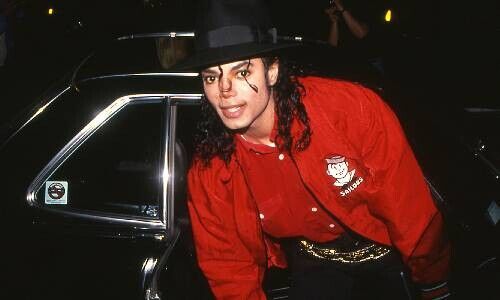Lucrative Song Rights for Private Clients
Justin Timberlake, Bruce Springsteen, and Bob Dylan all recently sold their entire music catalogs. Swiss private banks are increasingly playing a part.
Michael Jackson could have used a capable private banker. When he died in 2009, he was reputedly about 500 million US dollars in debt. Just the annual interest alone cost the former «King of Pop» about 30 million dollars.
Ironically, since his death, his film and music catalog has been raking in hundreds of millions of dollars. It is something that is drawing strong interest from private banks and their high net worth clients.
«People always listen to music»
Family-led Geneva private bank Union Bancaire Privée (UBP) has invested in Jackson's song collection, which includes the best-selling album of all time, «Thriller» through its private markets group. They have done so indirectly and selectively. «The music industry can be a useful source of defensive and long-term returns,» Brice Thionnet, UBP’s global head of private markets said.
Streaming has severely restructured the entertainment industry in a way that it has not yet recovered from. But such providers are now providing the majority of industry revenues. And they have very attractive characteristics: «People always listen to music no matter what state of the business cycle or financial market conditions we are in», the group of UBP investment experts maintain.
All Eyes on Justin Timberlake
That might sound trite but we are talking about the music of the world's largest pop stars. But there is no shortage of investors who are making deals with hit-hungry investors.
Actor and singerJustin Timberlake (image below) sold his entire catalog of 200 songs for a rumored 100 million dollars to US financial investor Blackstone and UK investment company Hipgnosis. But he is pretty late to the party.

(Image: Shutterstock)
Pink Floyd «Money»?
The boom has made many banks and pop icons even wealthier. Bob Dylan initially sold his entire catalog to Universal Music Publishing for about 300 to 400 million dollars. Then in January, he sold his master recordings to Sony for another 200 million.
That puts him up there with Bruce Springsteen, who sold his entire catalog to Sony at the end of 2021 for 500 million dollars. But Pink Floyd could potentially shatter all records should they ever decide to give up their song rights.
More Than Just Another Exit
Sell for as long as it can be sold. That is what the pop stars are ostensibly told. But for business savvy entertainers such as Beyoncé (image below), Rihanna, or Taylor Swift that is no longer necessarily true. They have probably come to the view that their song rights are better managed with specialist companies such as Canada's Merck Mercuriadis.

(Image: Shutterstock)
Elton John's former manager is leading exchange-listed Hipgnosis Songs, which buys catalogs with the help of major Wall Street institutions, as the recent Timberlake deal shows.
Zug-based Startup
Goldman Sachs is helping independent music company Concord, which has an extensive catalog, sell a majority stake. But some are claiming the lack of any deal shows that the market has peaked.
Another Hipgnosis competitor, Round Hill, owns rights on over 120,000 Songs and is also listed.
New to this business is Zug-based tech company Utopia Music. It wants to use up-to-date data management tools to create a new global infrastructure for the music industry. Artists will get more transparency and it will increase the scope of royalties and the speed at which they are processed. And investors are welcome.
The King of Pop and the Beatles
In December, Utopia Music entered a partnership with Liechtenstein's VP Bank. It wants to give clients the opportunity of «investing in the services sector of the growing music industry», it indicated then.
That sounds reasonable. Michael Jackson would have warmed up to the idea as well. In 1985 he was the winning bidder of the ATV music catalog. Part of the portfolio included Northern Songs, which owns the rights to many Beatles hits.




























